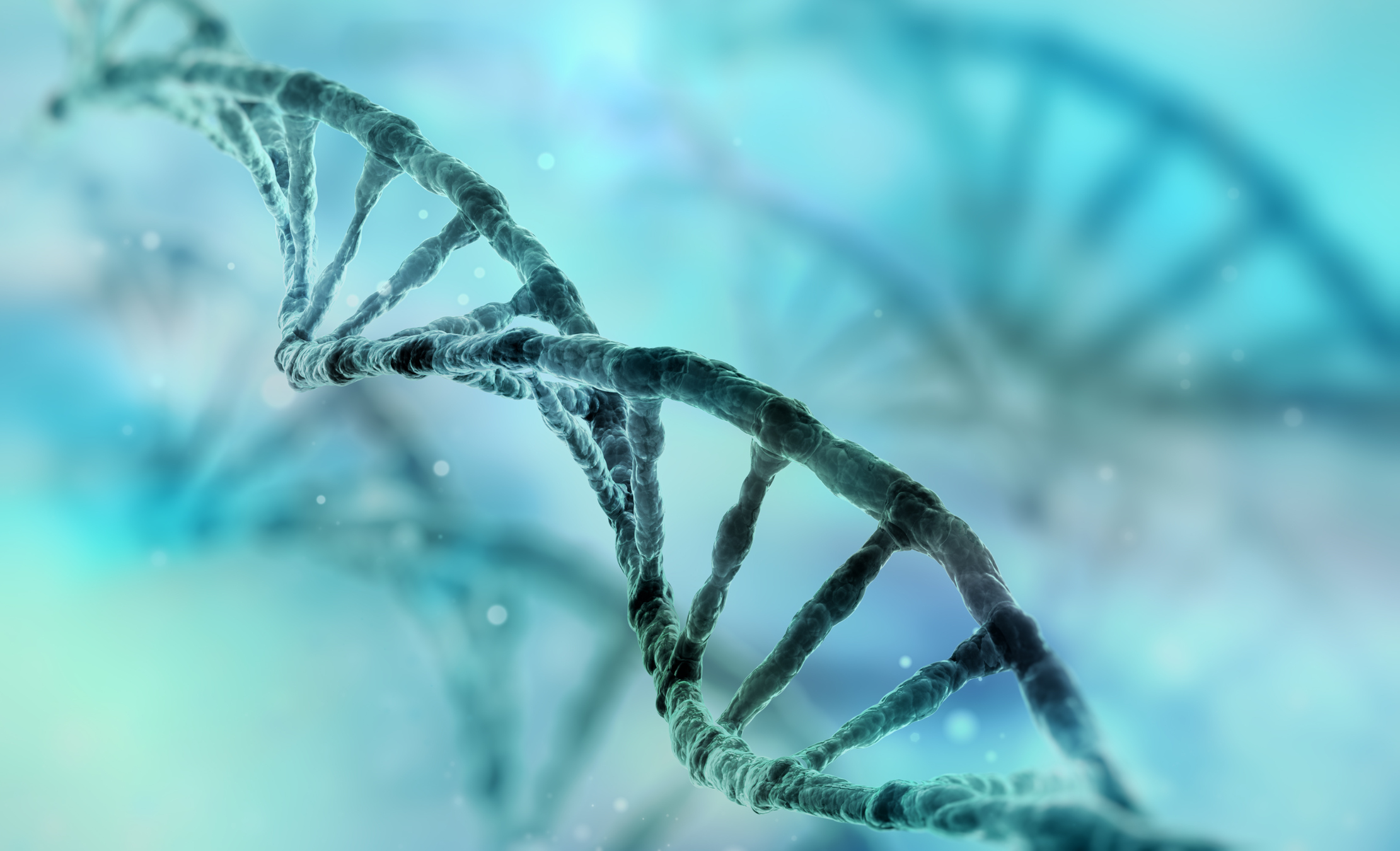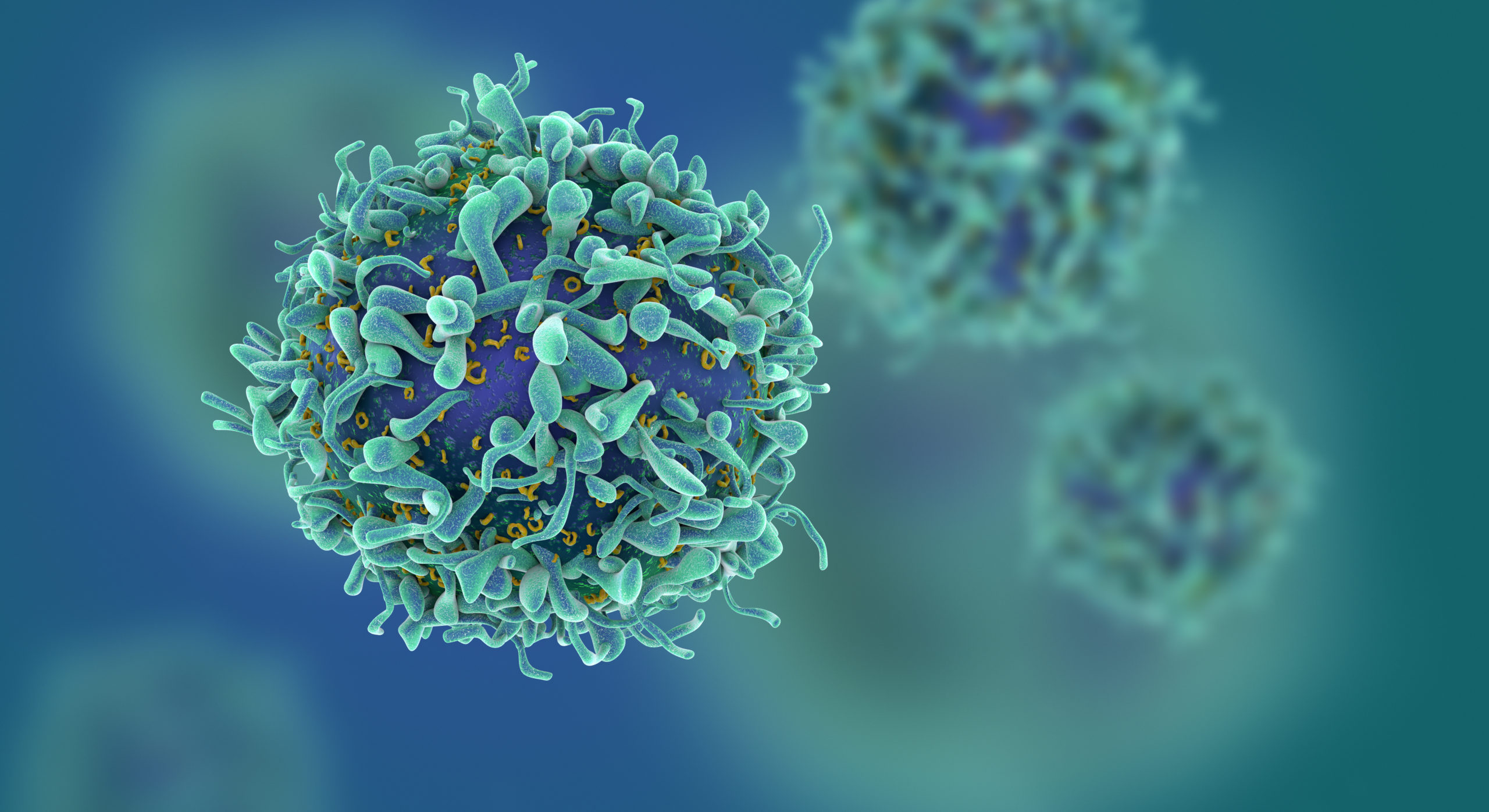Tag: Biochemistry and Molecular Genetics
-

Novel Treatment Effective for Bladder Cancer, Study Shows in Mice
An epigenetics drug currently being used for the treatment of blood cancers and rare sarcomas can stop the growth of bladder cancer by activating the immune system, according to a new study.
-

Gene Loss Enhances Metastasis and Cancer Progression
Investigators discovered that the loss of the gene SLIT2 in circulating tumor cells regulates metastasis of prostate cancer tumors, according to a Northwestern Medicine study.
-

CRISPR Pioneer Jennifer Doudna Receives Inaugural Kimberly Prize
CRISPR pioneer and Nobel Laureate Jennifer Doudna, PhD is the recipient of the inaugural $250,000 Kimberly Prize in Biochemistry and Molecular Genetics.
-

New Technique Improves Proteoform Imaging in Human Tissue
Investigators have developed a new imaging technique that increases the detection and identification of proteoforms by four-fold when compared to current methods.
-

Molecular Mechanisms Regulating Prostate Cancer Hypoxia Identified
A Northwestern Medicine study has identified a molecular mechanism that helps regulate the progression of castration-resistant prostate cancer.
-

Scientists Discover Novel Cellular Mechanisms Behind Transcription Elongation
Northwestern Medicine investigators have discovered novel mechanisms underlying transcription elongation, the process of synthesizing RNA from DNA.
-

Investigators Explore Cellular Response to Stress
Northwestern Medicine investigators have discovered novel mechanisms that regulate cellular stress response, according to findings published in the Proceedings of the National Academy of Sciences.
-

Targeting Bicarbonate in Cancer
Bicarbonate ions are required for cell growth in some cancers, according to a Northwestern Medicine study.
-

Exploring New Roles for Non-coding RNA
Recent studies have pointed to an expanded role for non-coding RNA, according to a Northwestern Medicine review.
-

Mitochondrial Respiratory Chain Sustains Inflammation
A Northwestern Medicine study published in Nature Immunology has discovered that mitochondria control the activation of a specific protein complex linked to inflammation and the progression of chronic diseases.






